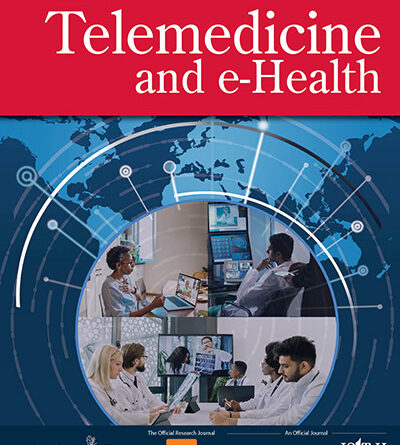Improving Access to Specialty Pediatric Care: Innovative Referral and eConsult Technology in a Specialized Acute Care Hospital
Background:The COVID-19 pandemic has exacerbated wait times for pediatric specialty care. Transformative technologies such as electronic referral (eReferral—automation of patient information) and electronic consultations (eConsult—asynchronous request for specialized advice by primary care providers) have the potential to increase timely access to specialist care. The objective of this study was to present an overview of the current state and characteristics of referrals directed to a pediatric ambulatory medical surgery center, with an emphasis on the innovative use of an eConsult system and to indicate key considerations for system improvement.
Methods:This cross-sectional study was conducted at a specialized pediatric acute care hospital in Ottawa, Ontario. Secondary data were obtained over a 2-year period during the COVID-19 pandemic (2019–2022). To gain insights and identify areas of improvement related to the factors pertaining to referrals and eConsults at the process and system levels, quality improvement (QI) methodologies were employed. Descriptive statistics provide a summary of the trends and characteristics of referrals and the utilization of eConsult.
Results:Among the 113,790 referrals received, 31,430 were denied. Most common reasons for referral denial were other/null (e.g., unspecified) (29.3%), inappropriate referrals (12.6%), and duplicate referrals (12.4%). Four clinics (e.g., endocrinology, cardiology, neurology, and neurosurgery) reported a total of 277 eConsults, with endocrinology accounting for 95.0% of all eConsults. QI findings revealed the need for standardized workflows among specialties and ensuring that eConsult options are accessible and integrated within the electronic medical record (EMR).
Conclusions: Refining the pediatric referral management process and optimizing eConsult through existing clinical systems have the potential to improve the timeliness and quality of specialty care. The results inform future research initiatives targeting improved access to pediatric specialty care and serve as a benchmark for hospitals utilizing EMRs and eConsult.


